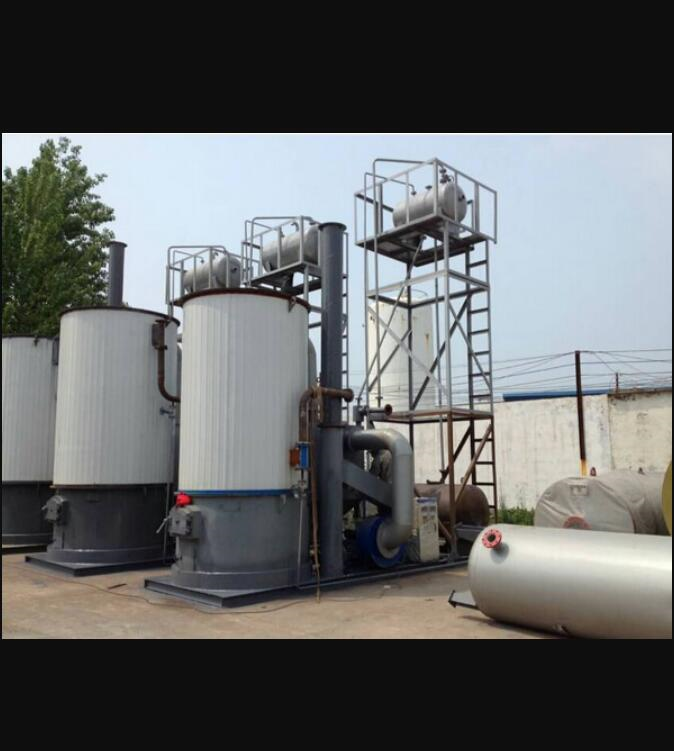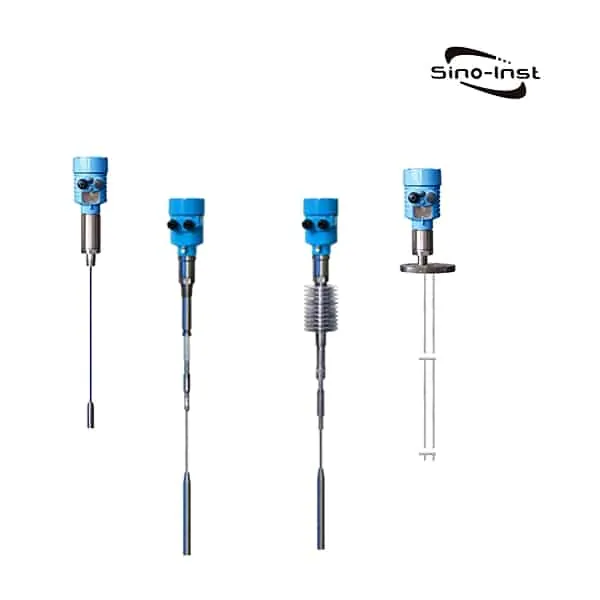A heating oil tank level sensor is a device that accurately measures the amount of heating oil in your tank. This sensor can help you avoid the inconvenience and expense of a sudden fuel outage. By monitoring your fuel levels, you can plan ahead and avoid any disruptions to your heating system. That’s where a heating oil tank level sensor comes in handy.
In this article, we’ll introduce you to a new choice for heating oil tank level sensors that can offer greater accuracy and ease of use. It can even withstand the special environment of high temperature and high pressure. So, let’s dive in and learn more about this exciting technology.

Common types of heating oil tank level sensors
There are several types of heating oil tank level sensors on the market, each with its own advantages and disadvantages. Here are some of the most commonly used sensors:
Float gauges
Advantages:
- Simple and inexpensive to install
- Low power consumption
- No electronic components to fail
Disadvantages:
- Can be inaccurate
- Prone to sticking, especially in cold weather
- Can only measure levels at discrete points
Ultrasonic sensors
Advantages:
- Non-invasive and easy to install
- Can measure fuel levels in real-time
- Can be integrated with remote monitoring systems
Disadvantages:
- Can be affected by temperature changes, vibrations, and turbulence
- Can be more expensive than float gauges
- Requires a power source to operate
Advantages:
- Highly accurate and reliable
- Can measure fuel levels in real-time
- Can be integrated with remote monitoring systems
Disadvantages:
- Can be expensive to purchase and install
- Requires calibration to maintain accuracy
- Electronic components can fail over time
It’s important to consider the advantages and disadvantages of each type of sensor when choosing the best option for your heating oil tank. In the next section, we’ll introduce you to a new choice in heating oil tank level sensors that offers several advantages over traditional sensors.
Read more about: Ultrasonic Tank Level Sensors for Tank Level Monitoring
the new choice: Capacitive level sensors

High-temperature and high-pressure Capacitive level sensors are special instruments tailored for the precise measurement of liquid levels in high-pressure containers and high-temperature containers.
It can be installed in various occasions to accurately measure and control the oil level of gasoline, diesel oil, hydraulic oil, etc. It is also suitable for the measurement of various non-conductive liquids.
This type of product can also be used to measure conductive media when the site conditions are particularly harsh, the electromagnetic interference is particularly serious, and the stirring is particularly severe.
Working principle of high temperature and high pressure capacitive level sensors
The sensing part of high temperature and high pressure capacitive level sensors is a coaxial container. When the oil enters the container, the capacitance between the sensor shell and the sensing electrode changes. This change is converted by the circuit and accurately linearized and temperature Compensation. Output 4-20mA standard signal for display instrument.
Read more about: What Is Capacitive Level Sensor?
technical parameters
| Detection range | 0.05 -5m |
| Accuracy | Class 0.1, 0.2, 0.5 |
| Pressure range | -0.1MPa-32MPa |
| Probe temperature resistance | -50 ~ 250 ℃ |
| Output signal | 4-20mA, 4-20mA superimposed HART communication, 485 communication, CAN bus communication |
| Power supply voltage | 12-28VDC (intrinsically safe type needs to be powered by safety barrier) |
| Fixing method | Threaded installation M20*1.5. Special specifications can be customized upon request |
| Probe diameter | 12*16*25 |
| Explosion-proof grade | Intrinsically safe Exia Ⅱ CT6, flameproof Exd Ⅱ CT5 |
| Protection class | IP65 |
| Intrinsically safe parameters | Ui: 28VDC, Ii: 93mA, Pi: 0.65W, Ci: 0.042uf, Li: 0mH |
Read more about: Factors To Consider When Selecting A Capacitive Level Sensor
Applications
Capacitive level sensors of high temperature and high pressure type are suitable for the measurement of various oils below 32MPA and below 250 ℃. Various protocols can be added for communication.
High Temperature-High Pressure Capacitive Level Sensors will be the right choice for you
One successful adoption of capacitive level sensors is in residential and commercial heating systems.
In fact, a UK-based heating oil supplier, Rix Petroleum, reported that they have seen a significant reduction in customer callouts and increased customer satisfaction since implementing capacitive level sensors in their heating oil tanks. They also reported that the sensors have helped to optimize their fuel deliveries and improve their overall efficiency. Rix Petroleum: “Heating Oil Tank Monitoring“.
Additionally, a study by the US Department of Energy found that using capacitive level sensors in heating oil tanks can lead to a reduction in fuel consumption and cost savings of up to 10% per year. This is because the sensors provide accurate and real-time information on fuel levels, allowing for more efficient and cost-effective fuel delivery scheduling.
Overall, the successful adoption of capacitive level sensors in residential and commercial heating systems has been supported by real-world data. Demonstrating their effectiveness in improving accuracy, efficiency, and cost savings.
More Oil Level Measurement Solutions
In conclusion, the new heating oil tank level sensor is a great choice. It’s more accurate and reliable, which can save you money on maintenance and fuel delivery. We compared it to traditional sensors and found that it’s more accurate, and needs less maintenance.
Sino-Inst is a supplier of high-quality heating oil tank level sensors. We have a lot of experience in making them and can help you choose the right one for your needs. If you have any questions or want to buy one, just contact our sales engineers anytime.
Request a Quote

Wu Peng, born in 1980, is a highly respected and accomplished male engineer with extensive experience in the field of automation. With over 20 years of industry experience, Wu has made significant contributions to both academia and engineering projects.
Throughout his career, Wu Peng has participated in numerous national and international engineering projects. Some of his most notable projects include the development of an intelligent control system for oil refineries, the design of a cutting-edge distributed control system for petrochemical plants, and the optimization of control algorithms for natural gas pipelines.


